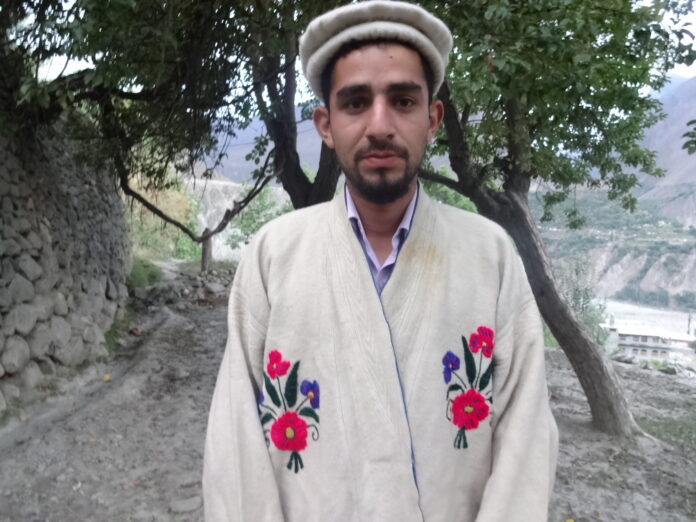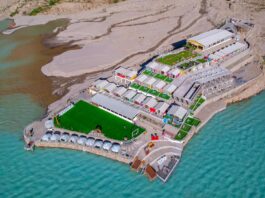SKOPJE, Macedonia — The dispute between Greece and its northern neighbor, the Republic of Macedonia, is one of Europe’s most peculiar and enduring conflicts. It revolves around a contentious issue of naming that goes back to the time of Alexander the Great and involves arguments about Asian tribes. Greece insists that its neighbor change its name, claiming that it implies territorial ambitions on Greece’s northernmost province, also called Macedonia, and an appropriation of Alexander’s heritage. The Republic of Macedonia, in its 17-year struggle to claim Alexander as its own, has even reached out to the residents of the Hunza Valley in Pakistan, who believe they are descended from Alexander’s soldiers.
This seemingly esoteric argument has significant consequences for the two-million-strong country of Macedonia. It is one of Europe’s poorest and most unstable states, grappling with deep political disputes with neighboring countries and a past insurrection stemming from its ethnic Albanian minority in 2001. The country was granted provisional admission to the United Nations in 1993 under the name “Former Yugoslav Republic of Macedonia,” a name that Greece had previously agreed upon. However, Greece has not specified what alternative name would be acceptable.
The Greek veto of Macedonia’s bid to join NATO at the Bucharest summit in April delivered a significant blow. Greece has also threatened to veto Macedonia’s accession to the European Union unless the name is changed. The naming issue has far-reaching international strategic implications, and further escalation could jeopardize Macedonia’s internal stability in an already volatile region.
Macedonia’s President, Branko Crvenkovski, expressed the country’s readiness to compromise at the United Nations, acknowledging the absurdity of the dispute but urging against humiliation and internal destabilization. The United States, represented by Secretary of State Condoleezza Rice, has also called for a swift resolution of the conflict.
Both the Greek and Macedonian governments are using the issue to bolster their popularity with nationalist posturing. The dispute has begun to affect the general public, as the problem once confined to political elites spills over into the broader society. Anti-Greek sentiments have flared up in Skopje, Macedonia’s capital.
The renaming controversy even extends to the country’s capital airport, which was changed to Skopje International Alexander the Great Airport, further fueling the dispute with Greece. Former U.S. President Barack Obama introduced a resolution in the Senate urging the two countries to resolve their disagreement and claiming that the name change violated a 1995 agreement brokered by the United Nations.
Macedonia, under the nationalist rhetoric of Prime Minister Nikola Gruevski, is currently experiencing a revival of interest in its ancient history. However, the visit of Prince Ghazanfar Ali Khan of the Hunza people in Pakistan in July intensified the soul-searching regarding the relationship with Alexander the Great. The Hunzas claim descent from Alexander’s soldiers and cite their fair skin, eyes, and past adherence to the ancient Greek religion as evidence.
During the prince’s visit, the entourage was received with enthusiasm, and scholarships for Hunza students at Macedonian universities were offered. The official organizer of the trip, the Macedonian Institute for Strategic Research 16:9, aims to explore historical questions about Macedonia and highlight its contributions to the world. However, many commentators in Macedonia criticized the emotional reactions to the visit as either comical or pitiful.
Greece, on its part, supports the Pakistani branch of the Kalash tribe, located southwest in the Hindu Kush, which also makes similar historical claims. Maps of the ancient Kingdom of Macedonia indicate that it encompassed territories in both Greece and Macedonia. Some Macedonian commentators argue that both countries should share and take pride in Alexander’s legacy, rather than fighting over exclusive rights.
In summary, the dispute between Greece and the Republic of Macedonia over the naming issue is a complex conflict with significant implications for the stability of Macedonia and the wider region. The disagreement, intertwined with historical claims and nationalistic sentiments, continues to hinder progress and cooperation between the two countries.




